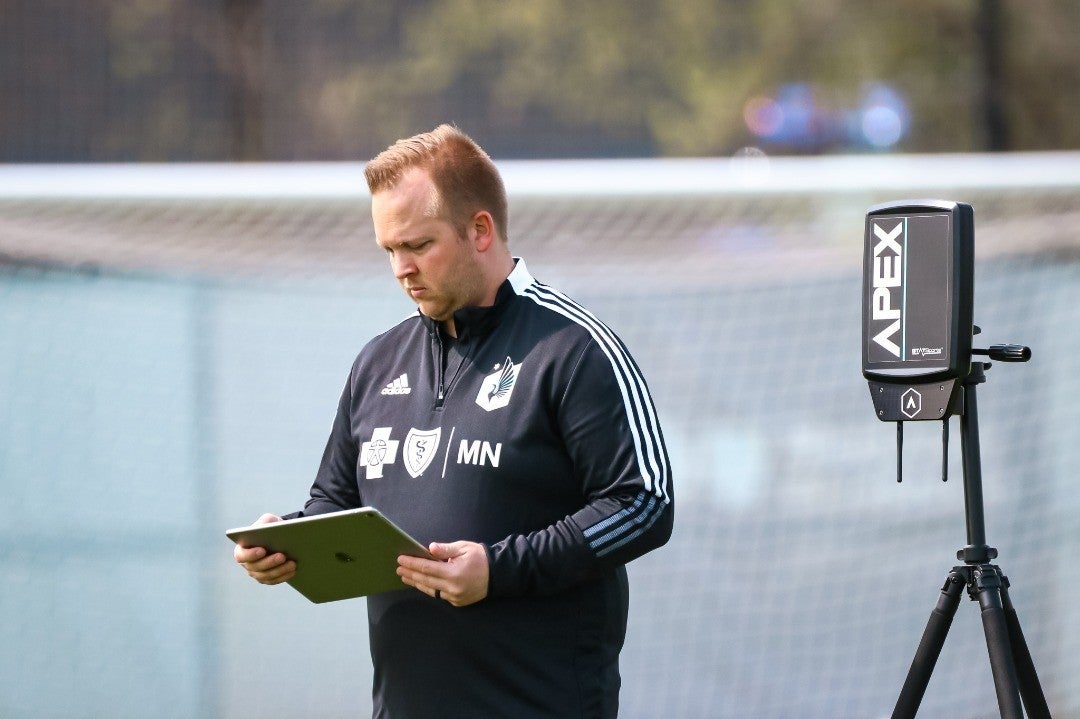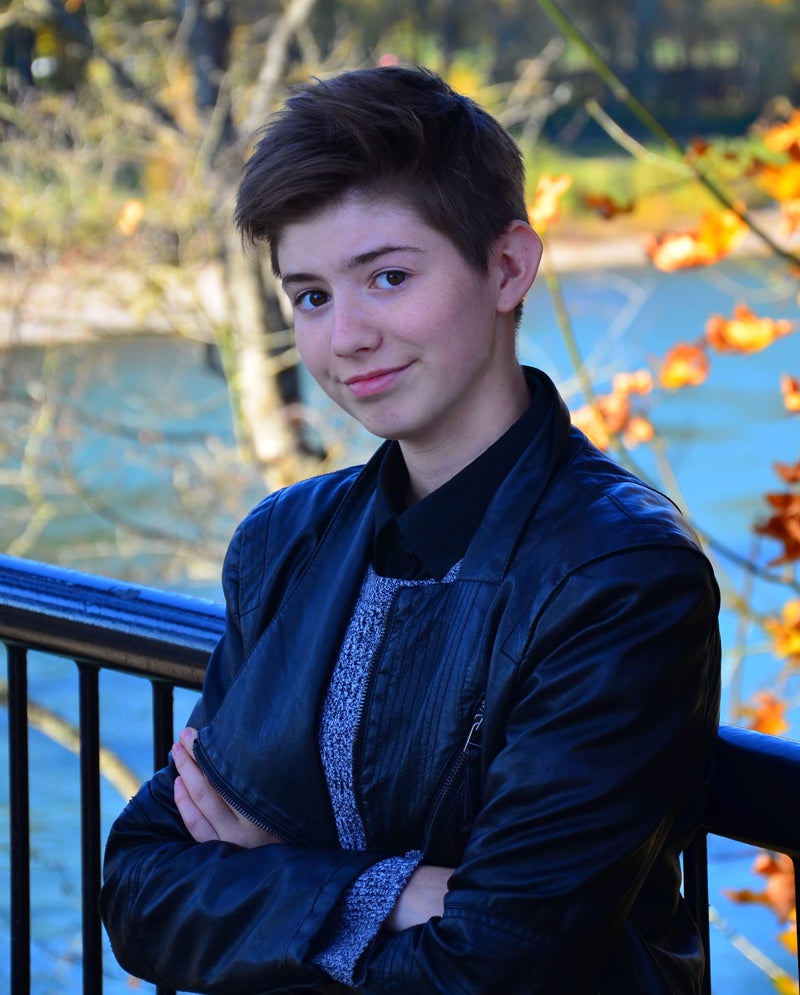
From turf, courts and ice rinks to a position with Major League Soccer, Craig Lane (’14) has been on the sidelines of all kinds of sports in his career. A sports scientist, he conducts athletic assessments on soccer players representing countries like Honduras, South Africa, New Zealand and Finland. Recently, one of his players reached the World Cup in Qatar.
“Watching these guys succeed at the highest level is absolutely the highlight of my career,” Lane said. “It’s such a cool feeling to watch them move on and improve, and know that I played a small part in that.”Craig Lane
Lane is the lead sports scientist with Minnesota United FC, a Major League Soccer club based out of Minneapolis and St. Paul, Minnesota. Using sensor technology, he measures everything from heart rate, distance, acceleration and deceleration to help gauge his athletes’ performance, and find areas of improvement. Six of his athletes play on national teams, one of whom, Dayne St. Clair, competed on the Canada men’s national soccer team in the World Cup.
Before Minnesota United, as a student at Boise State University, Lane worked with the women’s soccer team on a strength and conditioning internship meant to last a semester. Instead, it lasted three years. During that time he forged lasting relationships with Boise State coaches and faculty, and remains in touch with some of them. For him, connections like these define the experience of sports, bringing together a community to celebrate a shared goal, much like the World Cup.
Over his career, Lane has worked in soccer, basketball, volleyball and hockey, and taken to heart two key ideas: community and communication. Because no two athletes are the same, Lane thinks it’s important to establish clear lines of communication with his athletes to help them improve and succeed. While working with his national teams, Lane has dedicated himself to learning Spanish to communicate with his Spanish-speaking athletes, a specific kind of language he refers to as “soccer Spanish.”
Lane said events like the World Cup are meaningful because they bring together communities from every corner of the world to watch their teams compete on a global stage, and he’s proud to contribute by developing international-class athletes.
“Athletics gives people an outlet for their lives to find community and joy and happiness, and that’s the thing I love about it,” Lane said. “A great example right now is the World Cup. You have people watching soccer right now who aren’t going to watch another soccer game for another four years until the World Cup is back on, but it gives them something bigger to cheer about and to be involved in.”Craig Lane
Support students at Boise State.
About the Author: Lily Tindle-Hardy

Lily Tindle-Hardy is a student communications specialist/writer within University Advancement. Lily is a junior studying English, and she recently transferred to Boise State after earning an associate of arts from Chemeketa Community College in Salem, Ore. She assists the UA Comms team with writing projects, including donor stories, and capturing the student’s “voice” in impact features.
Inspired by this story? Let's chat!
About the Author: Lily Tindle-Hardy

Lily Tindle-Hardy is a student communications specialist/writer within University Advancement. Lily is a junior studying English, and she recently transferred to Boise State after earning an associate of arts from Chemeketa Community College in Salem, Ore. She assists the UA Comms team with writing projects, including donor stories, and capturing the student’s “voice” in impact features.